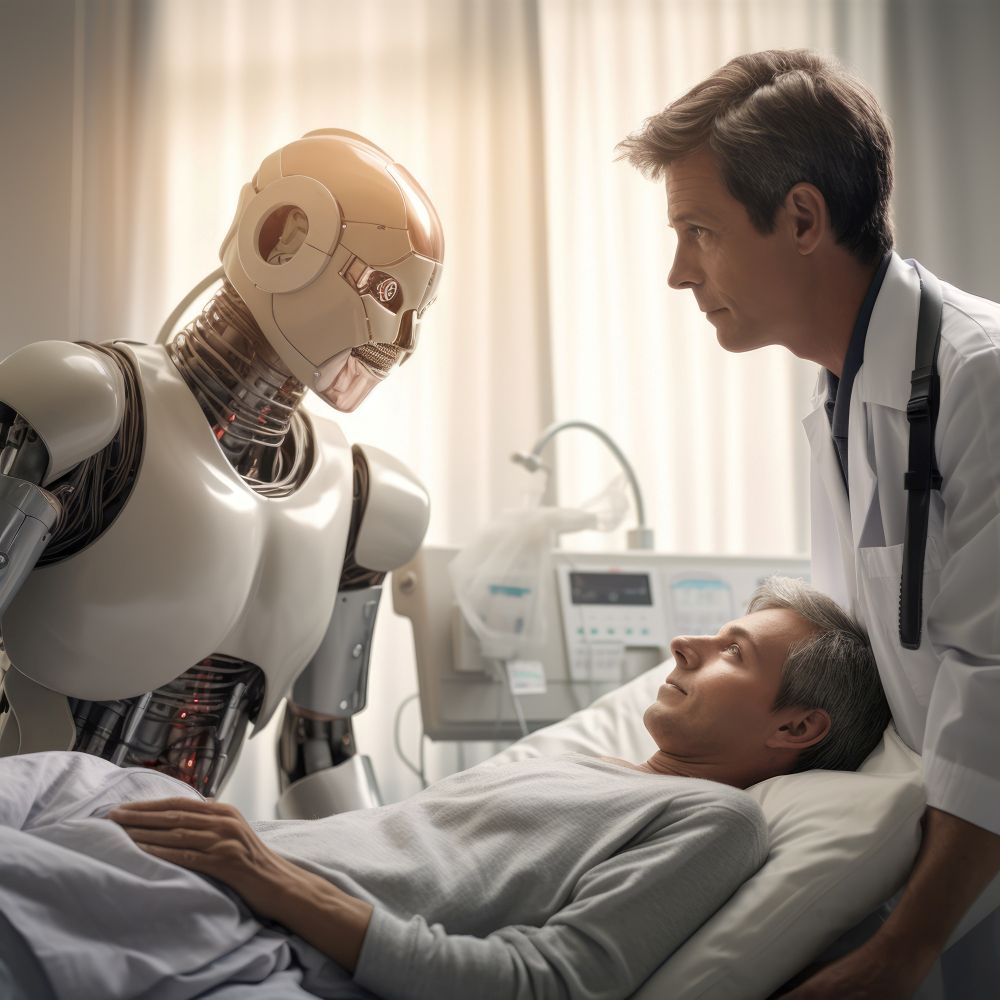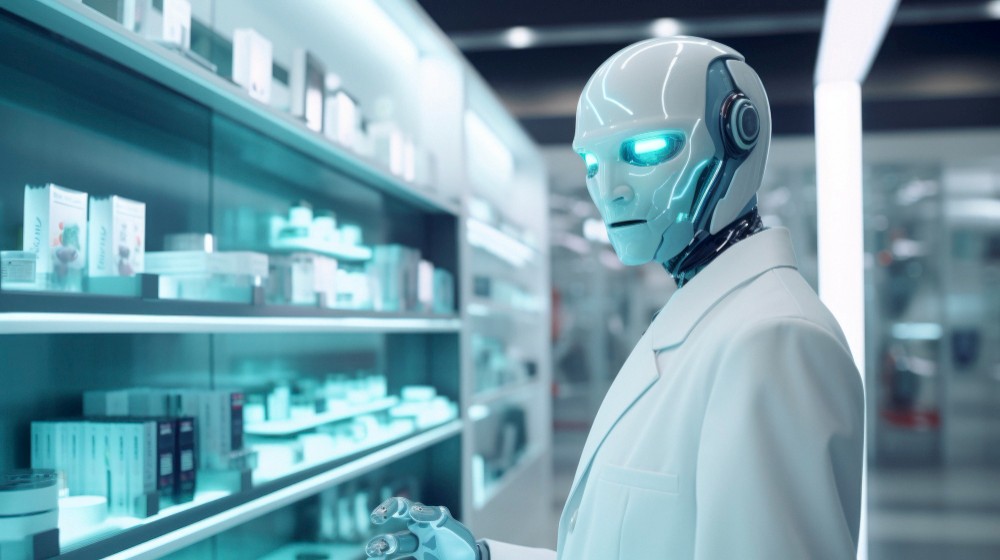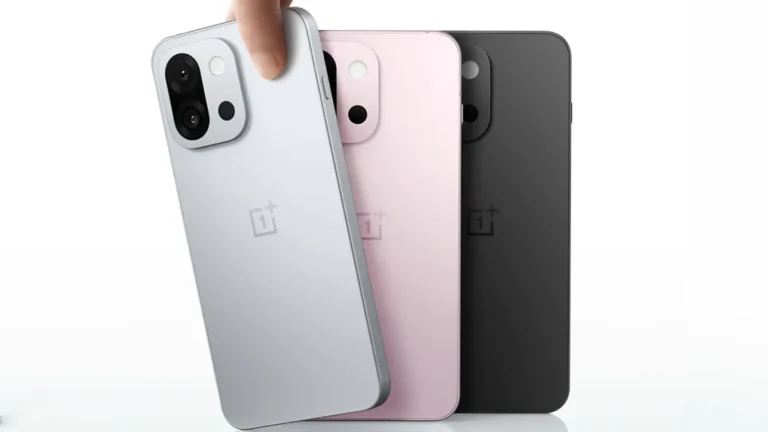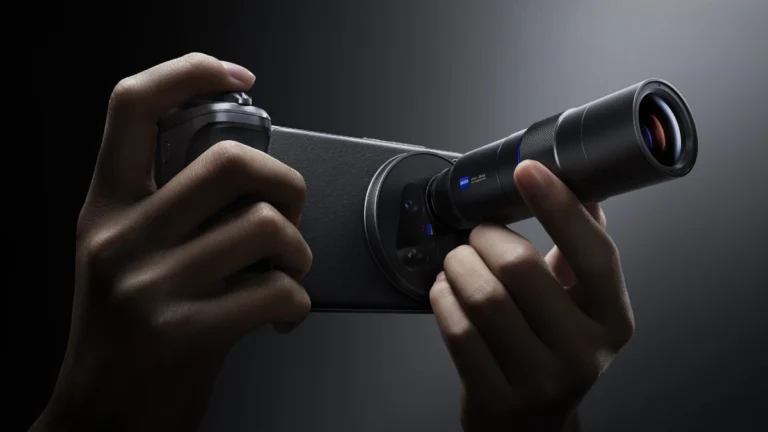🤖 What Happened?
In a recent clinical study conducted by Cedars-Sinai Medical Center in collaboration with the digital health startup K Health, researchers compared the diagnostic performance of an AI-powered medical chatbot with that of real physicians. The results were eye-opening: K Health’s AI provided the same recommendations as doctors in 68% of cases, and in 32%, it actually outperformed them.
This study evaluated 461 adult virtual visits from June to July 2024, where patients presented with acute symptoms such as respiratory, urinary, vaginal, eye, or dental issues. Four independent physicians reviewed the cases and rated the quality of clinical decisions made by both the AI and human doctors.

💡 Key Findings
- In 68% of visits, the AI’s and doctors’ recommendations were rated equally effective.
- In the remaining 32%, the AI’s decisions were judged as nearly twice as good as those of the human doctors.
- The AI made potentially harmful recommendations in only 2.8% of cases, while physicians did so in 4.6%.
- K Health emphasizes that their AI is not meant to replace doctors but to enhance the quality and accessibility of healthcare.
🔍 Why This Matters
This study could mark a turning point in how we perceive AI in healthcare. With increasing pressure on healthcare systems worldwide, tools that can assist or even outperform human professionals in some tasks may offer huge benefits.
But this also raises questions:
- Should patients trust AI for their initial diagnosis?
- Could this reduce the workload on emergency departments?
- What does this mean for the role of human physicians in the near future?
✍️ A Personal Take
Let’s be honest—most of us already turn to Google when we feel sick. But now imagine an AI trained on actual clinical data, offering not just guesses but data-backed, physician-level advice. That’s not just convenient; it’s revolutionary.
Still, trust takes time. No one wants to be misdiagnosed, and the idea of putting your health in the hands of a bot is still unsettling for many. But if these tools can reliably reduce diagnostic errors and improve response time—especially in under-resourced areas—then they might just become a regular part of future healthcare.
📌 Final Thoughts
While AI like K Health’s is not here to replace your doctor, it might soon become your first point of contact—quick, efficient, and surprisingly accurate.
Would you trust an AI with your next diagnosis? Let us know in the comments.









